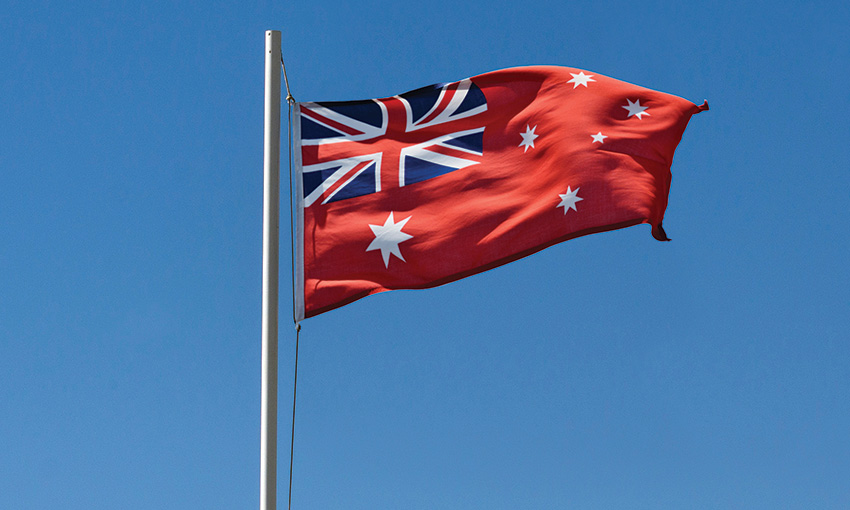SUNDAY 3 September marked Merchant Navy Day – a day commemorating the seafarers who served on merchant ships in times of war.
Merchant Navy Day is held each year on the anniversary of the first attack on an allied merchant ship in World War II.
On 3 September 1939, around 10 hours after Britain declared war, the German submarine U-30 torpedoed British liner SS Athenia. The ship sank the next day. More than 110 crew and passengers died.
Reflecting on seafarers’ sacrifices in times of war and peace, the Maritime Union of Australia highlighted the contribution Australian seafarers had made to the country’s security and economic success.
The MUA noted one in eight Australian merchant seafarers sacrificed their lives during World War II in an effort to maintain supplies of goods and materials vital for the war effort.
MUA national secretary and International Transport Workers’ Federation president Paddy Crumlin said it is also important to remember that seafarers’ sacrifices continued outside war.
“More than 800 Australian merchant mariners sacrificed their lives for the allied cause during the first and second World Wars,” Mr Crumlin said.
Mr Crumlin said it was important for an island nation to retail the skills and capacity of a seafaring industry that provides self-reliance and independence from global shocks or crises.
Mr Crumlin, who is on the Strategic Fleet Taskforce alongside industry and defence representatives, has been working on the design and implementation of a fleet of Australian crewed and flagged commercial vessels.
“Without seafarers, Australia’s economy will grind to a halt,” Mr Crumlin said.
“These are the people who make Australia’s exports possible, supply the country with fuel and commodities, and ensure the overwhelming majority of everyday products are available to consumers in every town and suburb.
“In recent decades, the number of Australian-crewed vessels has dwindled and dwindled, not only costing thousands of jobs, but leaving the country vulnerable during global conflicts or economic shocks that disrupt maritime trade.”
The United Kingdom also marked Merchant Navy Day on the weekend. The maritime charity Sailors’ Society flew the Red Ensign above its headquarters in honour of the seafarers who died in war.
Sailors’ Society CEO Sara Baade reflected on how young seafarers now face “a very different life at sea”.
“As CEO of a maritime charity, I know that during both wars we relied on merchant ships bringing supplies from across the North and South Atlantic,” Ms Baade said.
“I know that the seafarers on board those ships lived with the very real and constant fear of attack from an enemy that could launch torpedoes from invisible submarines as well as barrages from their own vessels.”
Ms Baade said it was common for merchant ships to have crew as young as 14 at the time, and that many of those young people were among the 30,248 merchant seamen who died in World War II.
“I cannot imagine how terrifying it must have been for those young seafarers, or what long-term trauma the young survivors carried with them for years afterwards,” Ms Baade said.
She said support and advice for coping with life at sea was limited at that time, and although young seafarers no longer fear U-boat attacks, there are still concerns among them.
“I am so grateful that for today’s young seafarers – thankfully a lot older than 14 – strong and informed advice and support is now there for them.
“But that doesn’t mean they have no worries. And for a generation with above-average anxiety, concerns about separation from family, getting a job and getting a caring employer are playing heavily on their minds and can affect their wellbeing.”
Australia’s Department of Veterans’ Affairs said there is no way to know the exact number of Australians who served or died during wartime service in the merchant navy.
It said estimated figures change as more research is done, but around 1000 Australian merchant mariners are known to have died serving the allied cause during the two World Wars.





